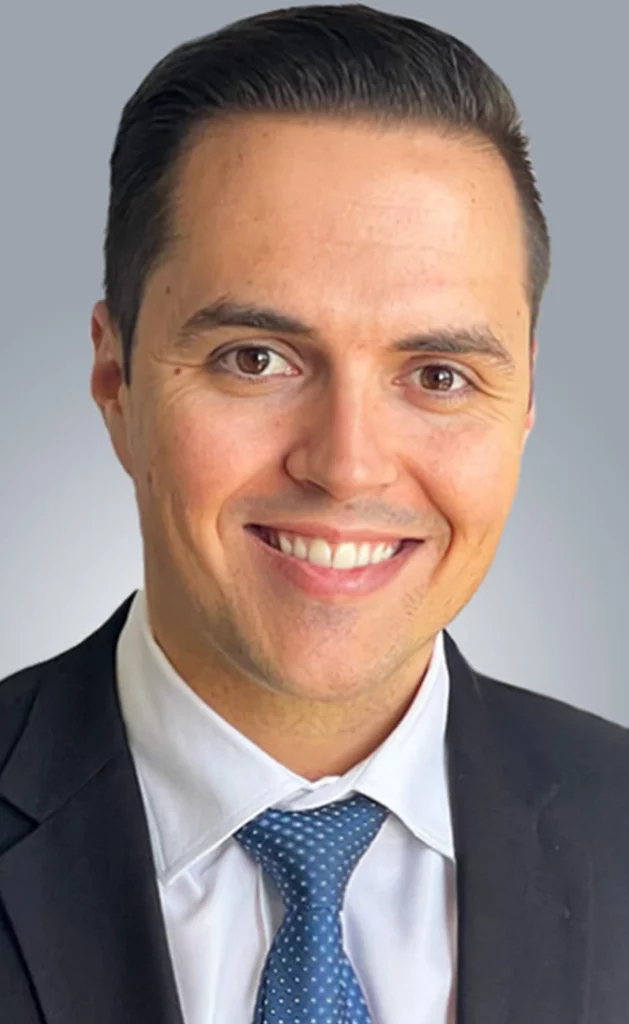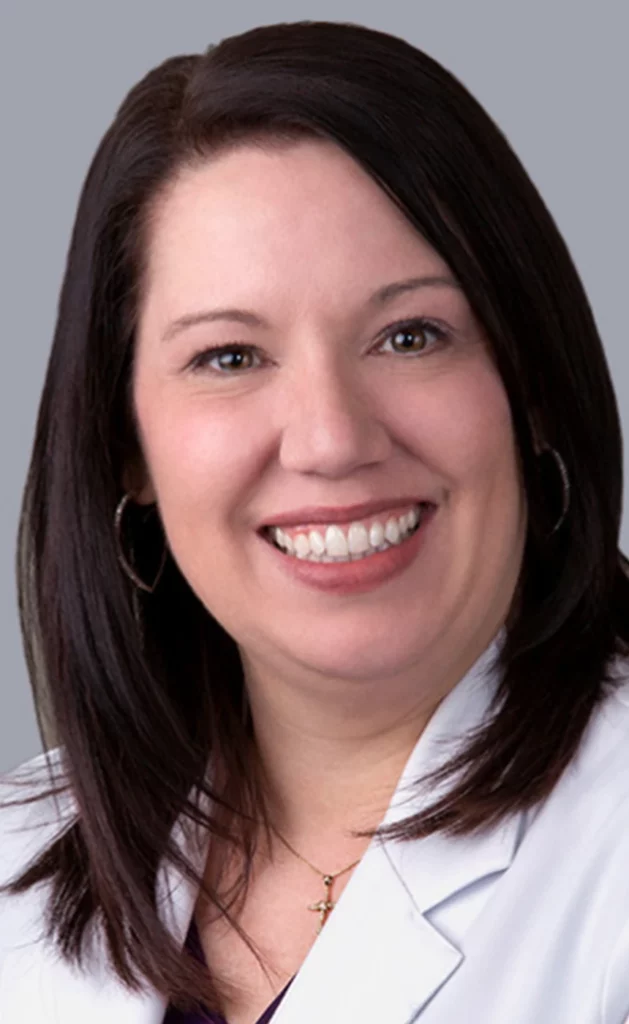THE TEAM THAT
DELIVERS
MIDWEST SINUS, SLEEP & ALLERGY ASSOCIATES
MEET THE TEAM
Click on the images below to view each provider's bio
DR KETAN SHAH MD, MBA
DR KETAN SHAH MD, MBA
DR PRATEEK SRINET MD
DR PRATEEK SRINET MD
DR RYAN GEORGE MD
DR RYAN GEORGE MD
DR DAVID LESKO MD
DR DAVID LESKO MD
Rick Kleinschmidt, MSPAS, PA-C
Head and Neck Surgery Board Certified Sleep Medicine
Rick Kleinschmidt, MSPAS, PA-C
Head and Neck Surgery Board Certified Sleep Medicine
Kelli Shah, APN, DNP
Kelli Shah, APN, DNP
JENNA SCHRAGE FPN-C
JENNA SCHRAGE FPN-C
KENAN SAHBAZ AP
KENAN SAHBAZ AP
BETH FERNANDEZ AuD
BETH FERNANDEZ AuD
MIDWEST SINUS, SLEEP & ALLERGY ASSOCIATES
MEET THE TEAM
DR KETAN SHAH MD, MBA
DR KETAN SHAH MD, MBA
DR PRATEEK SRINET MD
DR PRATEEK SRINET MD
DR RYAN GEORGE MD
DR RYAN GEORGE MD
DR DAVID LESKO MD
DR DAVID LESKO MD
Rick Kleinschmidt, MSPAS, PA-C
Head and Neck Surgery Board Certified Sleep Medicine
Rick Kleinschmidt, MSPAS, PA-C
Head and Neck Surgery Board Certified Sleep Medicine
Kelli Shah, APN, DNP
Kelli Shah, APN, DNP
JENNA SCHRAGE FPN-C
JENNA SCHRAGE FPN-C
KENAN SAHBAZ AP
KENAN SAHBAZ AP
LORING BARR APN
LORING BARR APN
BETH FERNANDEZ AuD
BETH FERNANDEZ AuD
DR KETAN SHAH MD, MBA
Board Certified in Otolaryngology - Head and Neck Surgery Board Certified Sleep Medicine
Dr. Shah is the owner and director of Midwest Sinus, Sleep & Allergy Associates. Born and raised in New Jersey, Dr. Shah attended college at Rutgers University followed by medical school at the University of Medicine and Dentistry of New Jersey. He completed his training in otolaryngology (ear, nose, throat surgery) at the same institution in 2000. In 2007, Dr. Shah completed additional training in sleep medicine and is currently one of only a few physicians nationwide who is double-boarded in otolaryngology and sleep medicine.
After working in central Illinois, Dr. Shah relocated to southern Illinois and founded Midwest Sinus, Sleep & Allergy Associates in 2010 in order to provide expert regional care for patients seeking treatment for their sleep disorders, as well as general ENT care. Within recent years, Dr. Shah was at the forefront of learning how to perform the complex, in-office balloon sinus dilation and has been instrumental in training physicians from across the country on how to perform this procedure. Regionally, he is a leading provider of in-office balloon sinuplasty.
Recognizing that healthcare is undergoing dramatic changes, Dr. Shah enrolled at the Kellogg School of Management and recently completed his MBA. Moving forward, Dr. Shah hopes to combine his clinical expertise, managerial skills, as well as the contacts and education obtained from Northwestern University to play a more active role in shaping change within the healthcare sector.
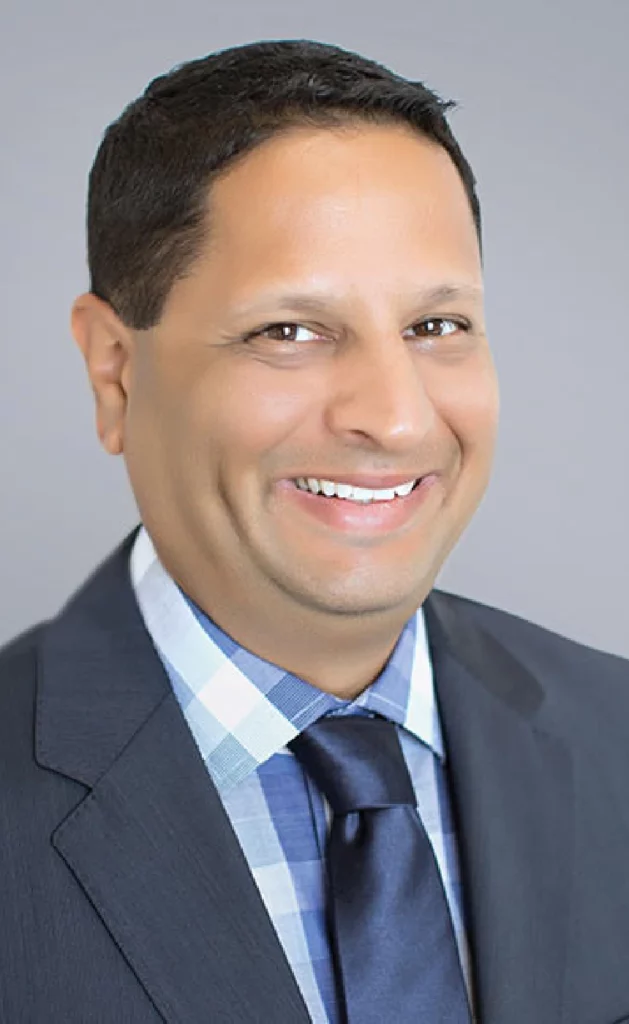
Prateek Srinet, MD
Board Certified in Otolaryngology - Head and Neck Surgery
Coming Soon!
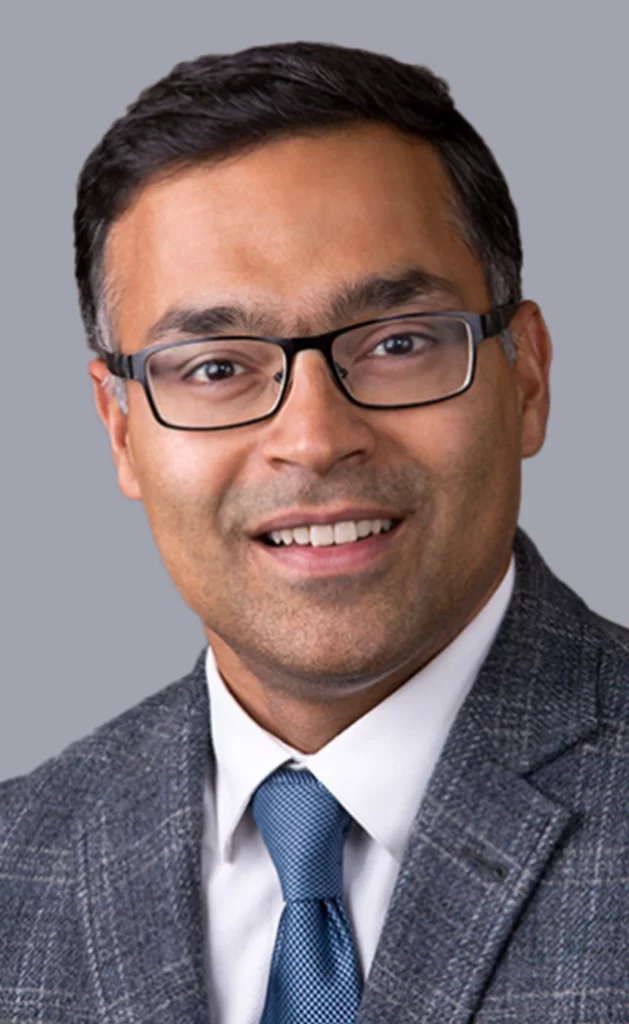
Richard Kleinschmidt, MSPAS, PA-C
Physician Assistant
Rick Kleinschmidt, Physician Assistant, has been with ENT and Sleep Associates since February 2016. His clinical interests include formulating treatment plans for both pediatric and adult patients with ear, nose and throat concerns, as well as sleep related disorders.
Rick is a member of the Illinois Association of Physician Assistants (IAPA), the Society of Physician Assistants in Otolaryngology Head and Neck Surgery and the American Academy of Physician Assistants (AAPA). He is a well-rounded professional focused on the care and satisfaction of his patients. Rick received his master’s degree in Physician Assistant Studies Southern Illinois University Carbondale in 2011 and has been practicing in the otolaryngology specialty since 2012.
Prior to his work in ENT, Rick worked in family practice, urgent care and spent seven years as an EMT Paramedic. Rick is originally from southern Wisconsin, spent 16 years in southern Illinois and now enjoys living in the metro East with his wife and two children.
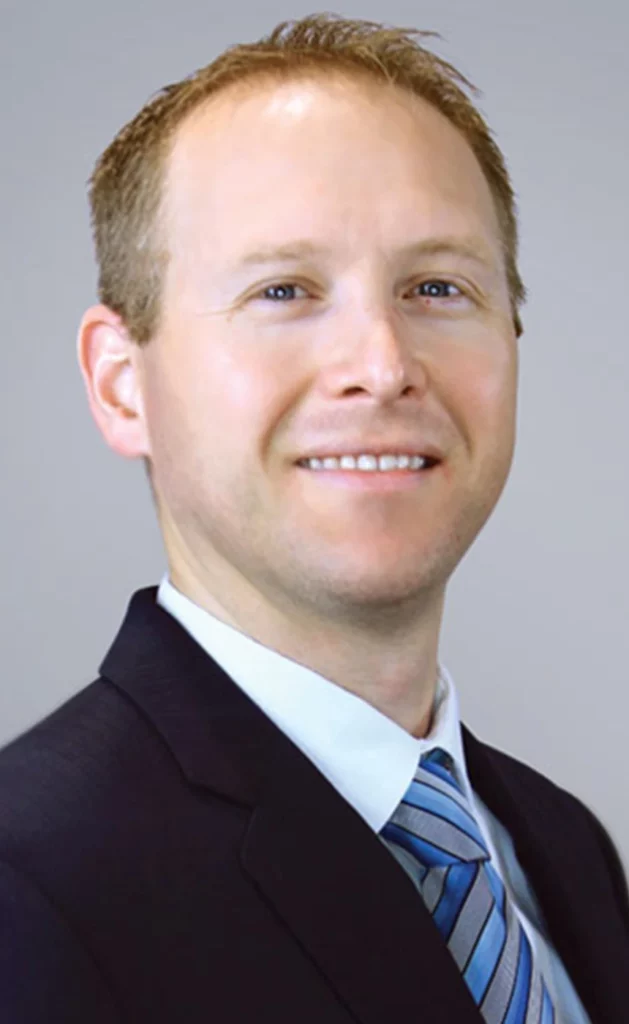
Ryan George, MD
Board Certified in Otolaryngology - Head and Neck Surgery
Dr. George was born and raised in suburban Detroit, Michigan. He obtained a bachelors degree from the Illinois Institute of Technology in Chicago and his medical degree from Wayne State University School of Medicine in Detroit where he was elected into the Alpha Omega Alpha society. Following school, Dr. George trained in otolaryngology at the Walter Reed National Military Medical Center where he served as both a surgical resident and a military officer, treating soldiers and their families from all three branches of the armed forces. After training, he served at Fort Benning Georgia as part of the otolaryngology team there until he obtained an honorable discharge from the Army.
Dr. George obtained board certification from the American Board of Otolaryngology and has since used his education, training and valuable clinical experience to provide evidence-based, patient-centered otolaryngology care. He is passionate about taking the extra time to educate his patients and involve them in the decision-making process regarding their treatment plan. He provides compassionate and excellent medical and surgical management of disease when indicated. Dr. George is a member of the American Medical Association and the American Academy of Otolaryngology.
While practicing as a general otolaryngologist, Dr. George has special clinical interests in the management of thyroid and parathyroid disease, chronic sinus disease and allergy, chronic ear disease and hearing disorders for pediatric and adult patients. He is one of the few surgeons in the region performing eustachian tube balloon dilation.
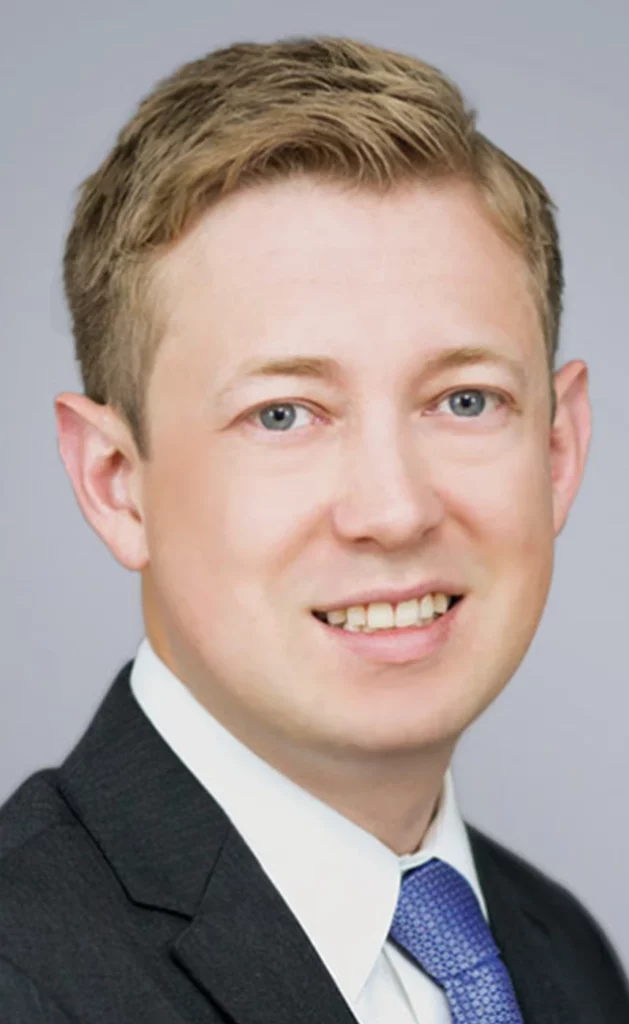
David Lesko, MD
Board Certified in Otolaryngology - Head and Neck Surgery
Dr. Lesko was born and raised in St. Louis and attended St. Louis University High School. He obtained his bachelor’s degree in neuroscience from Trinity University in San Antonio, Texas. He later received his medical degree from University of Missouri School of Medicine in Columbia. Following medical school, Dr. Lesko trained in otolaryngology – head & neck surgery at UT Health San Antonio. He now is excited to be back in the St. Louis area serving the wonderful people of Southern Illinois.
Dr. Lesko has clinical interests in the management of thyroid and parathyroid disease as well as chronic sinus disease and allergy for pediatric and adult patients. He also has taken a special interest in combating obstructive sleep apnea and intends to perform procedures to help improve the quality of life for these patients.
Outside of work, Dr. Lesko has many interests, including playing competitive tennis, pickleball, cycling, and walking/running his goldendoodle, Sadie.
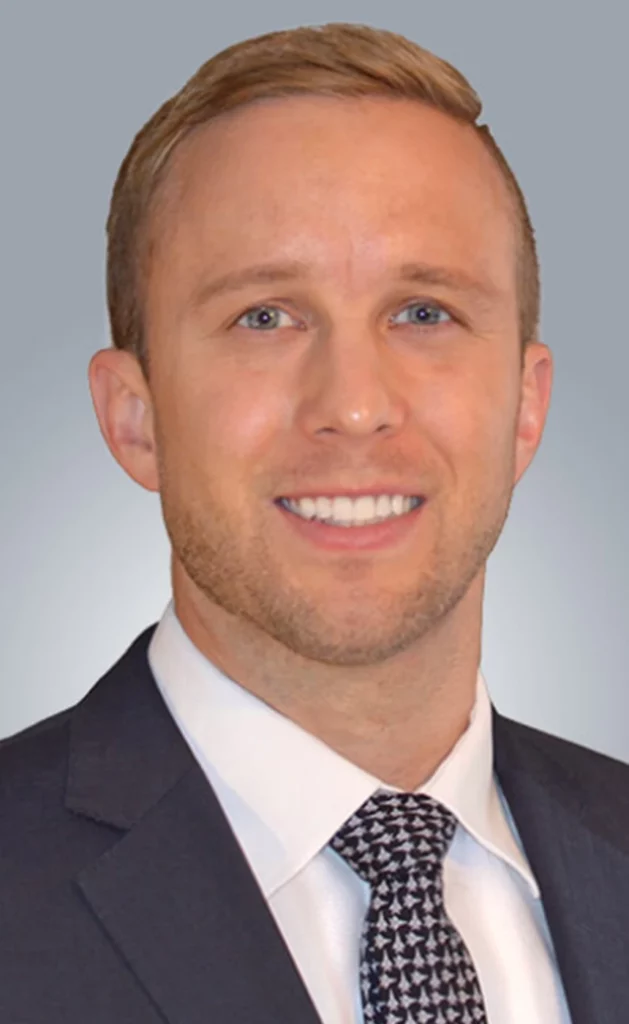
Kelli Shah, APN, DNP
Nurse Practitioner
Kelli Blagg is a nurse practitioner with over fifteen years of clinical experience. Kelli is the director of Arya Medical Spa and provides expert facial rejuvenation care and CoolSculpting services. Kelli previously provided patient care and aesthetic services in her private practice in eastern Illinois.
She brought her expert knowledge of healthcare and business to ENT & Sleep Medicine in 2012 and was vital to the inception of Arya Medical Spa in 2016. Kelli finds great pleasure in helping all of her patients to look and feel their best.
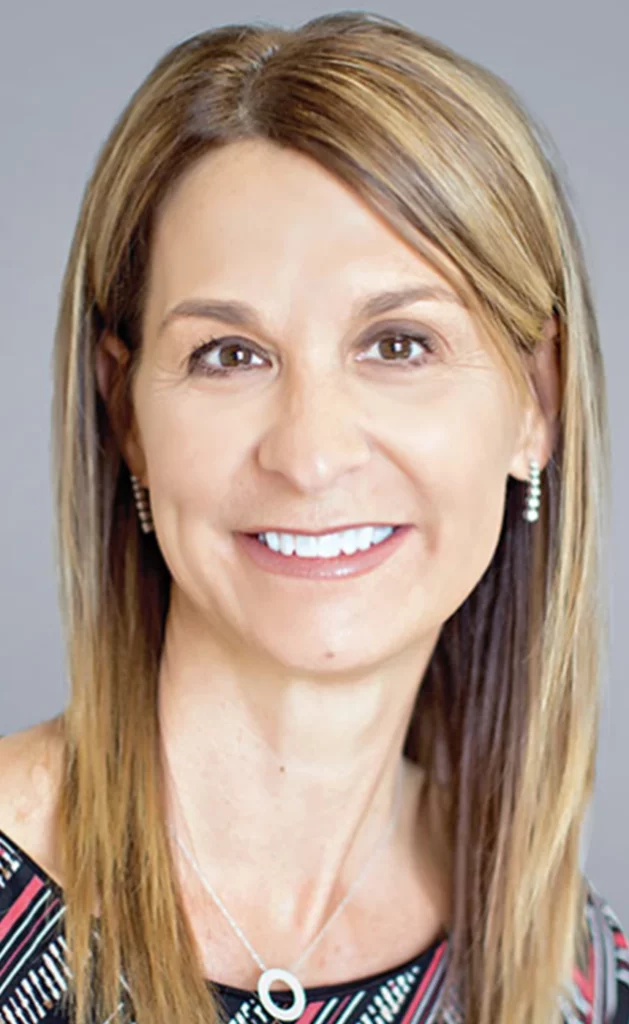
Jenna Schrage, FNP-C
Nurse Practitioner
Family Nurse Practitioner, Jenna Schrage, was born and raised in Clinton County, IL. She resides there with her husband Clint, and their two daughters. In 2016, she earned her Master of Science in Nursing degree and graduated Summa Cum Laude. During her academic career, she was elected into Sigma Theta Tau international Society of Nursing. Jenna is certified by the American Association of Nurse Practitioners. She is part of the Illinois Society of Advanced Practice Nursing, which allows her to stay up to date on all state wide laws, amendments, regulations, and legislative processes.
She has a passion for treating the whole patient, not simply their ailments. She believes in outreach to small, rural towns. She enjoys taking the time to get to know her patients and ensure they understand their disease process along with being a part of the treatment plan.
Jenna joined ENT and Sleep Medicine Associates in November 2019. She is focused on sleep medicine and is on a mission to assist in improving her patients sleep habits, diagnosing, and treating sleep related disorders, as well as general ENT care.
With Jenna’s long history suffering from allergies, failing allergy shots, chronic sinusitis, and her benefit from sinus surgery in May 2019, she, herself was a patient of this practice. It was after she was able to see the difference this practice made in her everyday suffering, she felt a dedication to the specialty. After much of her own independent research she joined the practice to train under the providers of this practice.
Prior to taking on her role at ENT and Sleep Medicine Associates, she gained experience as a cardiovascular nurse practitioner, which assists her knowledge in sleep medicine and other co-morbidities the two specialties tend to share.
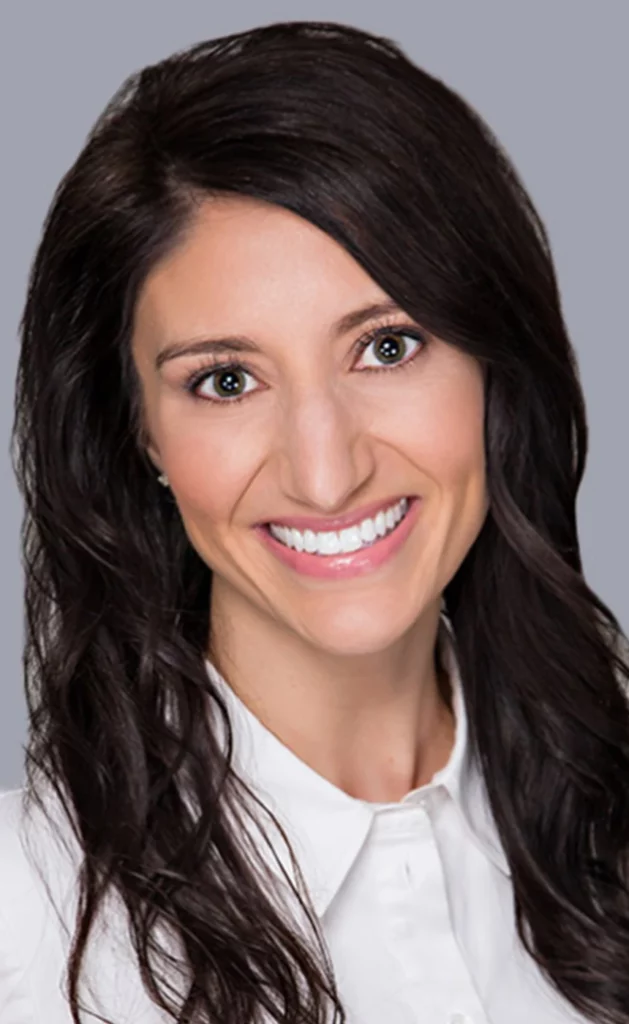
Beth Fernandez, AuD
Audiologist
Dr. Beth Fernandez is an audiologist who specializes in adult and pediatric diagnostics and adult hearing aid fitting and verification. Dr. Fernandez possesses a passion for improving the quality of life of individuals with hearing loss and tinnitus and employs the latest in evidence-based hearing aid fitting procedures in order to maximize patient outcomes.
In 2005, she graduated summa cum laude with her bachelor’s degree in speech pathology and audiology from Southern Illinois University – Edwardsville. She then obtained her doctorate in audiology from Washington University School of Medicine in St. Louis, Missouri in 2009. Dr. Fernandez is an advocate for the prevention of noise-induced hearing loss and her clinical services include hearing conservation counseling and the fitting of custom hearing protection, swimplugs, and earbuds. In addition, she provides in-office treatment for positional vertigo. Dr. Fernandez enjoys sharing her passion for the profession of audiology through teaching and public outreach.
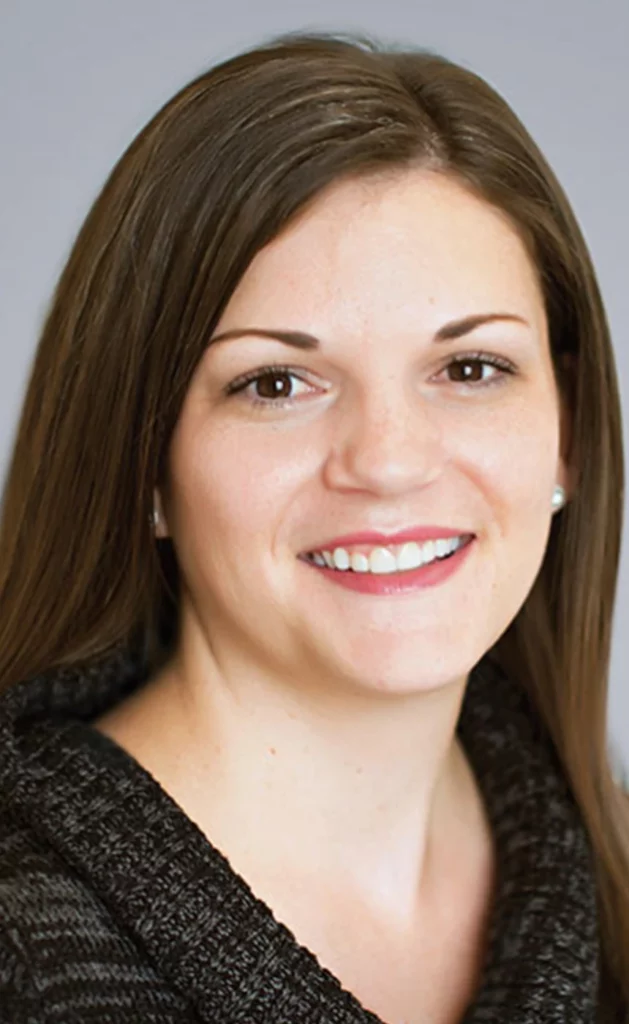
Our physicians maintain affiliations at
- Memorial Hospital
- HSHS St. Elizabeth’s Hospital
- SSM Health Good Samaritan Hospital
- HSHS St. Anthony’s Hospital
- Edwardsville Surgery Center
- Anderson Hopital (Maryville)
- HSHS St. Joseph’s Hospital (Highland and Breese)
- Crossroads Hospital (Mt. Vernon)
- HSHS Holy Family Hospital (Greenville)
- Red Bud Regional Hospital Specialty Clinic (Red Bud, IL).
To learn about our practice, please contact us at:
Effingham, Mt. Vernon, Greenville, Highland
Shiloh, Edwardsville, Columbia, Breese, Jerseyville
What is an
Otolaryngologist?
Otolaryngology is the oldest medical specialty in the United States. Otolaryngologists are physicians trained in the medical and surgical management and treatment of patients with diseases and disorders of the ear, nose, throat (ENT), and related structures of the head and neck. They are commonly referred to as ENT physicians.
Their special skills include diagnosing and managing diseases of the sinuses, larynx (voice box), oral cavity, and upper pharynx (mouth and throat), as well as structures of the neck and face. Otolaryngologists diagnose, treat, and manage specialty-specific disorders, as well as many primary care problems, in both children and adults.
MW SINUS, SLEEP & ALLERGY ASSOCIATES
What Do Otolaryngologists Treat?

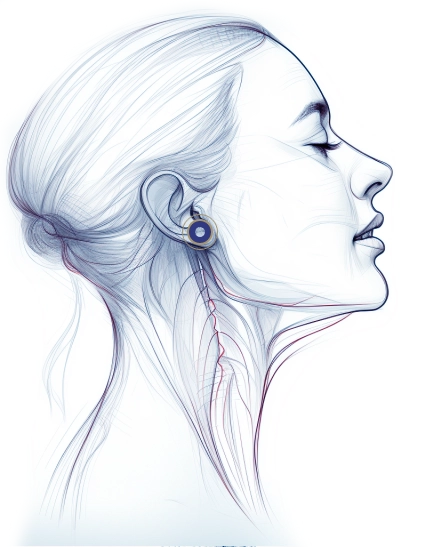
THE EARS
Hearing loss affects one in ten Americans. The unique domain of otolaryngologists is the treatment of ear disorders.
They are trained in both the medical and surgical treatment of hearing, ear infections, balance disorders, ear noise (tinnitus), nerve pain, and facial and cranial nerve disorders. Otolaryngologists also manage co

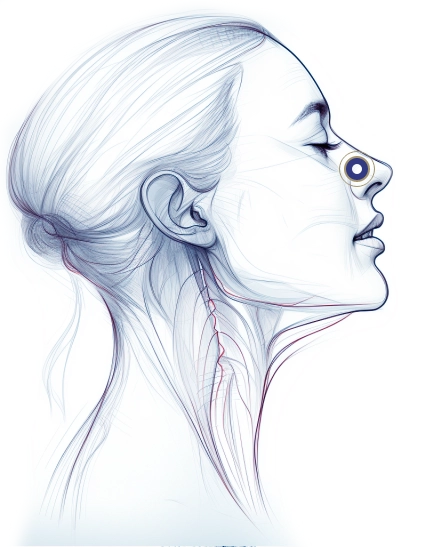
THE NOSE
About 35 million people develop chronic sinusitis each year, making it one of the most common health complaints in America. Care of the nasal cavity and sinuses is one of the primary skills of otolaryngologists.
Management of the nasal area includes allergies and sense of smell. Breathing through, and the appearance of the nose are also part of otolaryngologists’ expertise.

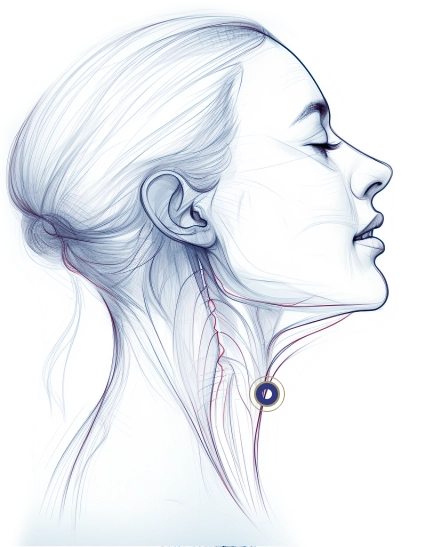
The Throat
Communicating (speech and singing) and eating a meal all involve this vital area. Also specific to otolaryngologists is expertise in managing diseases of the larynx (voice box) and the upper aero-digestive tract or esophagus, including voice and swallowing disorders.

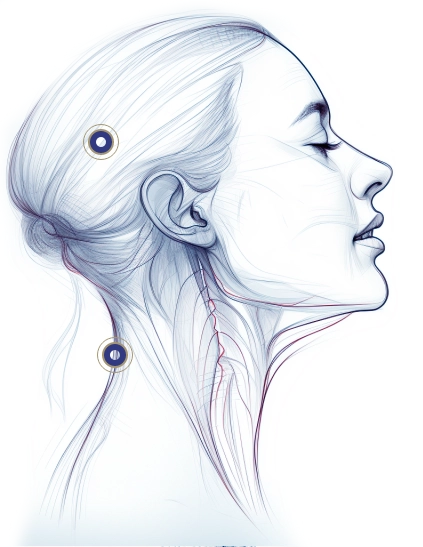
The head and neck
This center of the body includes the important nerves that control sight, smell, hearing, and the face. In the head and neck area, otolaryngologists are trained to treat infectious diseases, both benign and malignant (cancerous) tumors, facial trauma, and deformities of the face. They perform both cosmetic plastic and reconstructive surgery.
Midwest Sinus & Sleep
Training & Patient Care
Otolaryngologists are ready to start practicing after completing up to 15 years of college and post-graduate training. To qualify for certification by the American Board of Otolaryngology, an applicant must first complete college, medical school (usually four years), and at least five years of specialty training. Next, the physician must pass the American Board of Otolaryngology examination. In addition, some otolaryngologists pursue a one- or two-year fellowship for more extensive training in one of seven subspecialty areas.
These sub-specialty areas are sleep medicine, pediatric otolaryngology (children), otology/neuro-otology (ears, balance, and tinnitus), allergy, facial plastic and reconstructive surgery, head and neck, laryngology (throat), and rhinology (nose). Some otolaryngologists limit their practices to one of these seven areas, while others provide general Midwest Sinus & Sleep care.
What makes otolaryngologists the most appropriate physicians to treat disorders of the ears, nose, throat, and related structures of the head and neck?
Midwest Sinus & Sleep specialists differ from many physicians, in that they are trained in both medicine and surgery. Otolaryngologists do not need to refer patients to other physicians when ear, nose, throat, or head/neck surgery is needed and, therefore, can offer the most appropriate care for each individual patient.
MW SINUS, SLEEP & ALLERGY ASSOCIATES
DIAGNOSIS & TREATMENT In 8 AREAS OF EXPERTISE
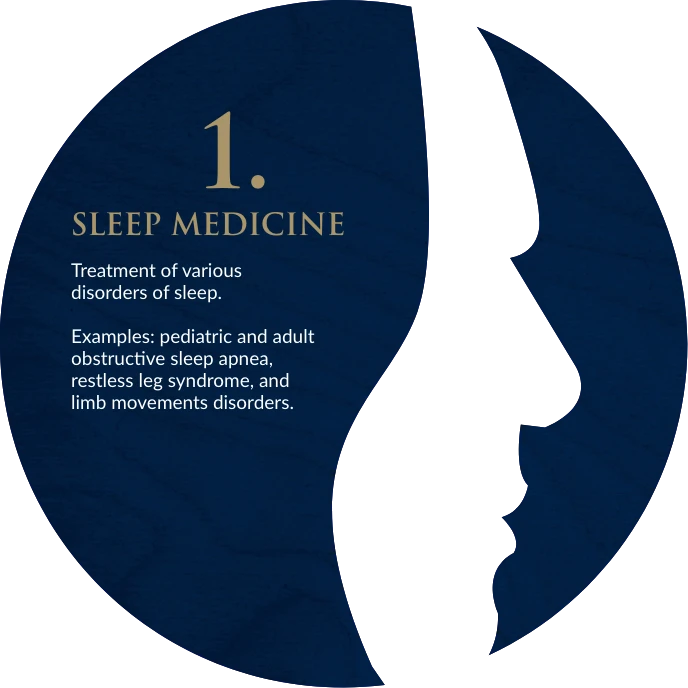
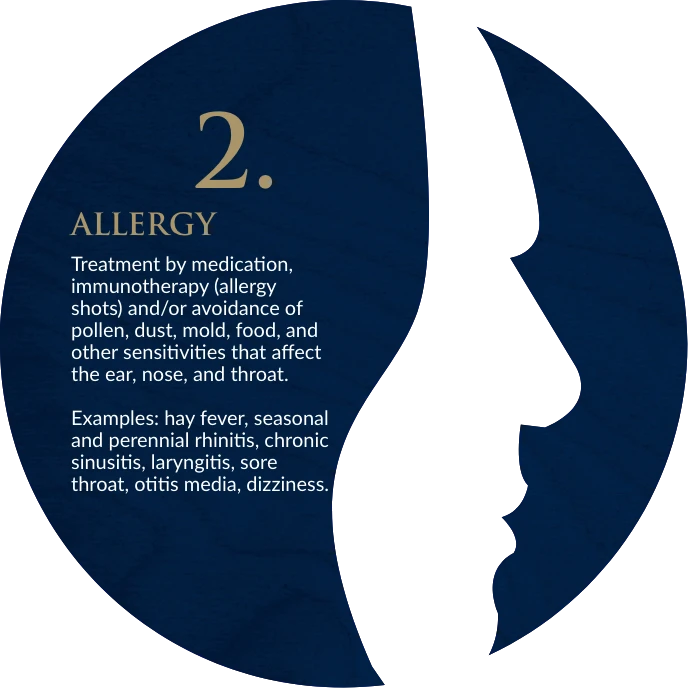
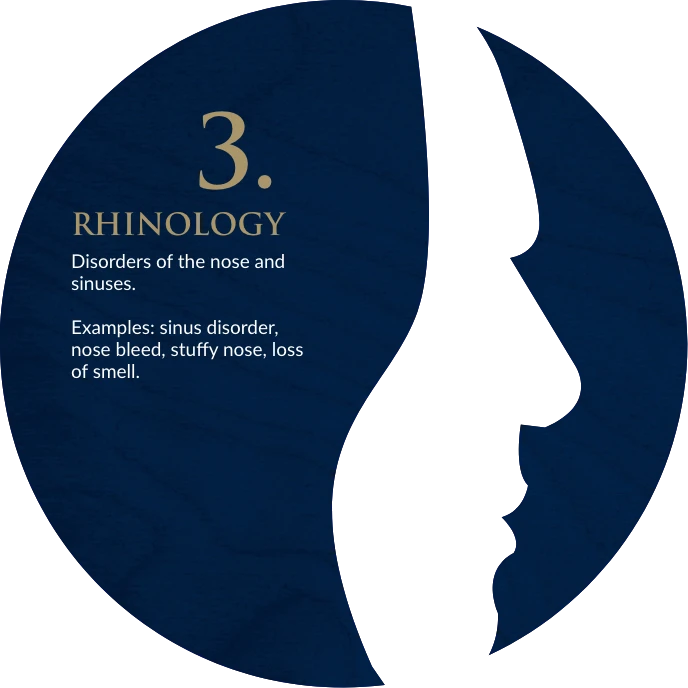
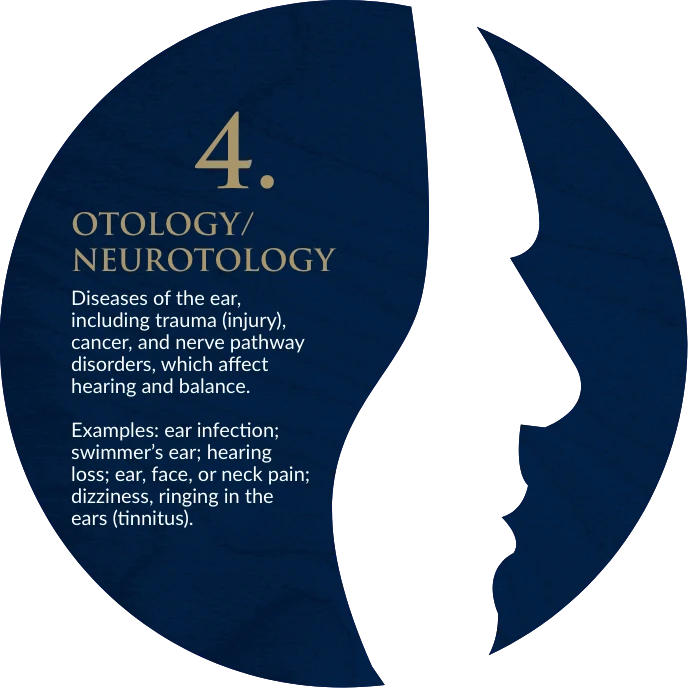
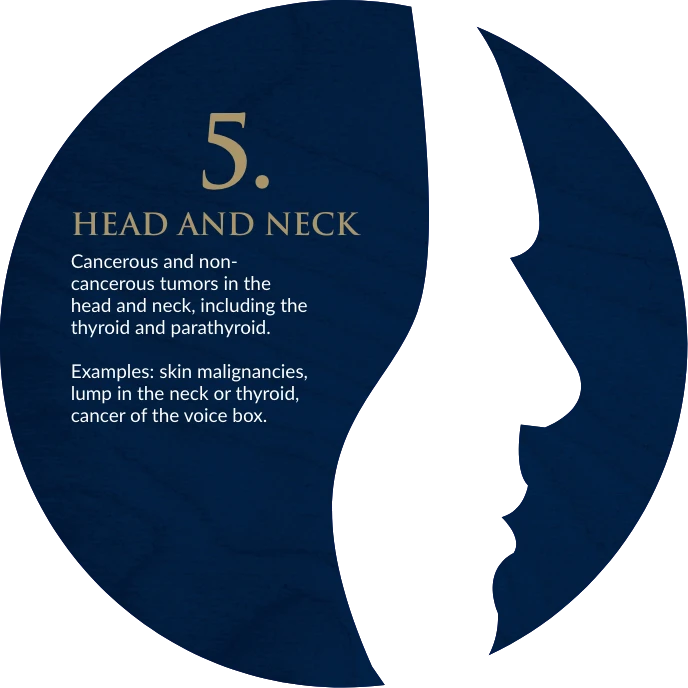
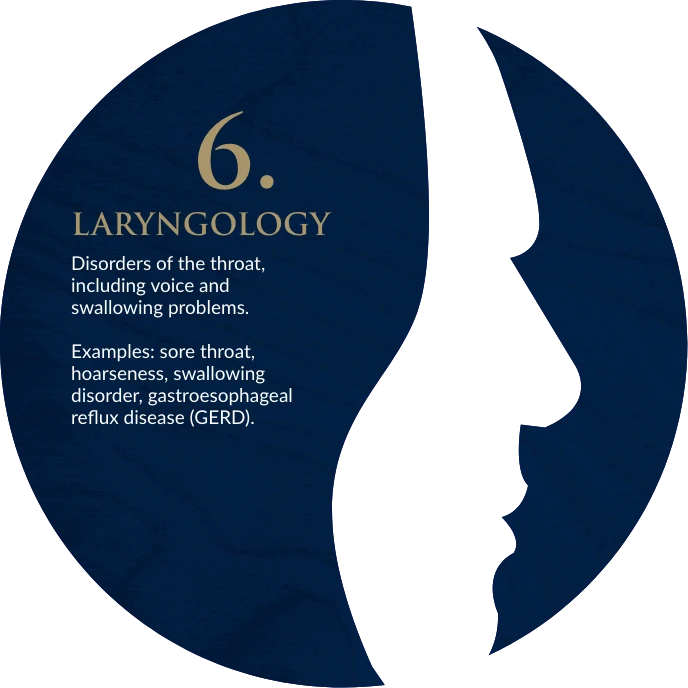
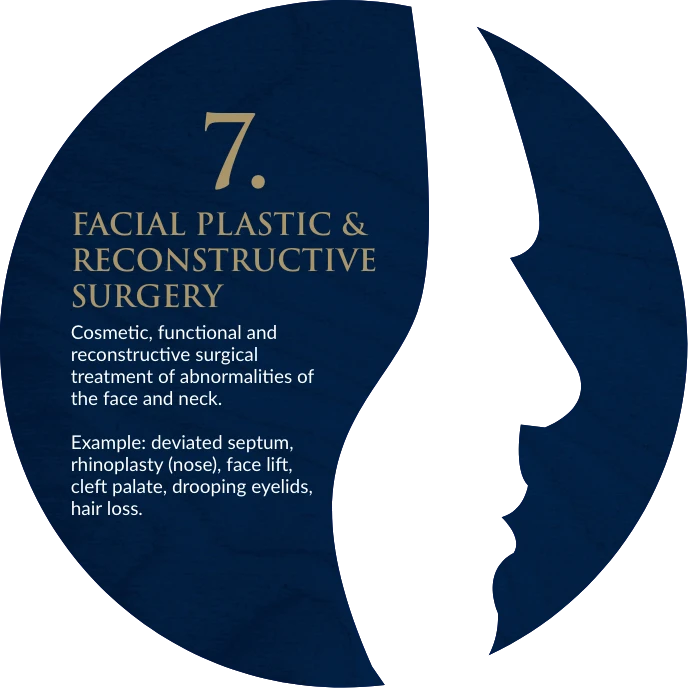
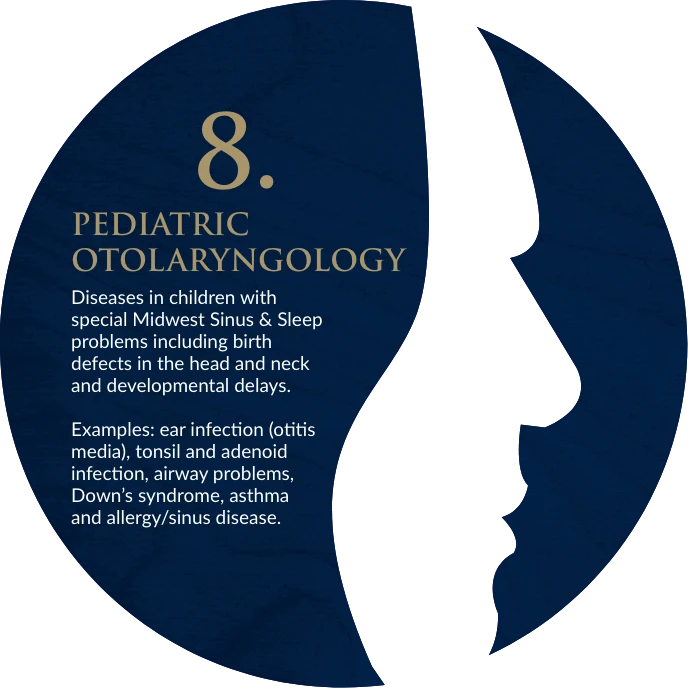
DEDICATED TO YOUR
SERVICE
Our team proudly services twelve locations in order to accommodate patients across the region. Our Shiloh location is our flagship facility, which houses our in-office sinus procedure room, Hearing Center, Sleep Center, and Medical Spa.
